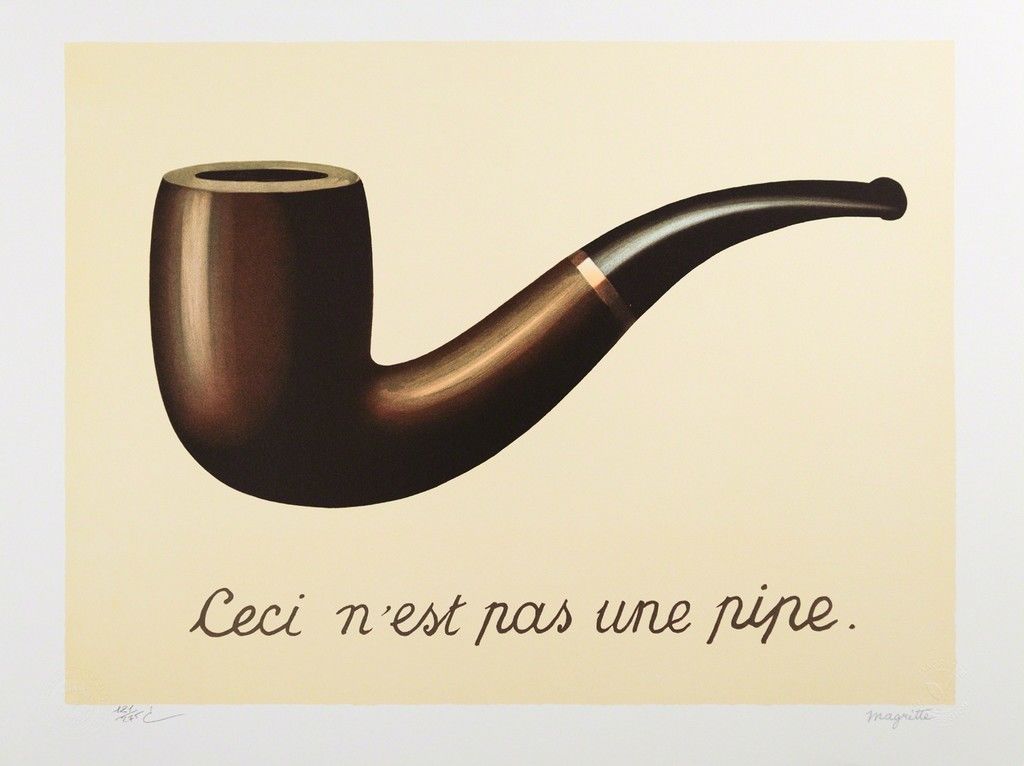Almost a century ago, more precisely in 1929, a Belgian painter, René Magritte, completed one of the most famous paintings of surrealism, an oil on canvas of medium dimensions (63,5 × 93,98 cm), the celebrated painting “Betrayal of the Images”, a work in which, under a pipe in a realistic style, the painter paints the phrase Ceci n'est pas une pipe, that is, in Portuguese, This is not a pipe.
The painting, which currently belongs to the collection of the Los Angeles County Museum of Art (LACMA), is a critical view of “rationalism”, refusing the entrenched convention of identifying an image of a thing with the thing itself. A painting of a pipe is not a pipe, it is just a painting.
It will be said that Magritte denies what the overwhelming majority of people recognize they are seeing. Even though it is evident that what we are seeing in the picture is just a representation of a pipe and not a real pipe. Even though it is evident that all this is strictly true…
Playing with all this, long before being involved in the media literacy promotion program developed by the Portuguese Press Association (API) through the MediaVeritas Academy, I glued a real pipe, which I had brought back from my adolescence, to a small wooden base, and subtitled the work, called mixed media, with the phrase “This is a pipe“.
Unfortunately, I don't know where this mixed technique of mine with my old and deactivated pipe is going, which makes it difficult to prove the facts in the approach I propose in these reflections on the phenomenon of disinformation. A reality also called fake news (fake news) and fed, they say, by complex algorithms that know how to seduce many of our impulses, namely those of a consumer.
About pipes. Did I invent or will there even be the book ”The art of good pipes to all the fornilho”? Sometimes our mind turns the unreal into the real. This is why the past can also be very uncertain. Some even say that the past is more uncertain than the future. I have to come back to this topic very soon.
Author Júlio Roldão, a journalist since 1977, was born in Porto in 1953, studied in Coimbra, where he spent, in the 70s, at the Teatro dos Estudantes and the Círculo de Artes Plásticas, having, in 1984, returned to Porto, where he lives.




















Comments